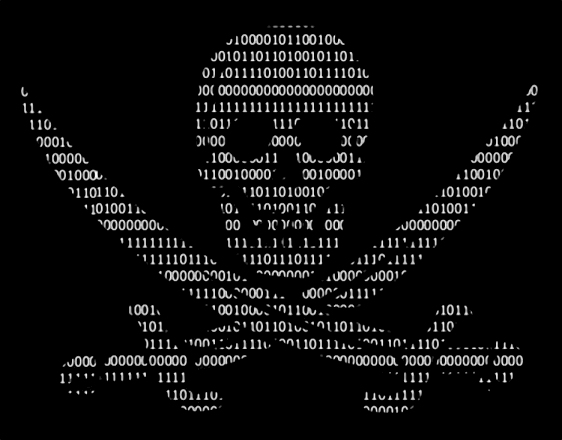Computer hackers shut down the Orlando Chamber of Commerce’s web site for most of the day Monday and posted a “boycott Orlando” message on a major theme park’s Internet page to protest the homeless-feeding policies of Mayor Buddy Dyer. Orlando’s restrictions on feeding large groups in downtown parks has resulted in arrests of members of Food Not Bombs, a group that recently lost a court fight to continue its food giveaways at Lake Eola.
Computer hackers shut down the Orlando Chamber of Commerce’s web site for most of the day Monday and posted a “boycott Orlando” message on a major theme park’s Internet page to protest the homeless-feeding policies of Mayor Buddy Dyer.
Orlando’s restrictions on feeding large groups in downtown parks has resulted in arrests of members of Food Not Bombs, a group that recently lost a court fight to continue its food giveaways at Lake Eola.
The peace group’s goal is to not only feed those who can’t afford a meal, but to draw attention to poverty, homeless and issues related to the costs of war. The arrests of its members has attracted international attention.
The hackers behind Monday’s attacks say that until those feeding policies end, they plan to push its boycott message to as many as 250 million email addresses across the globe in the next month.
That threat was sent in an email Sunday night to the Orlando Chamber of Commerce from someone who claimed to represent the activist group, under the name of Anonymous. It warned that the Orlando business group’s web site would crash at 10 a.m. Monday.
A spokesman for the chamber said that its site indeed went down then. The email to the chamber said that Anonymous was protesting the “human rights abuses” being carried out in Dyer’s fight against the group Food Not Bombs.
InsideTheMagic.net, a theme park industry news site, reported Monday that hackers had also posted a message on a Universal Studios website with the boycott Orlando message. A Universal Orlando spokesman declined to discuss specifically what that message said.
“There was a post to a secondary website,” Universal spokesman Tom Schroder said in an email. “It was removed immediately. Beyond that, we don’t discuss the specifics of our internet security.”

